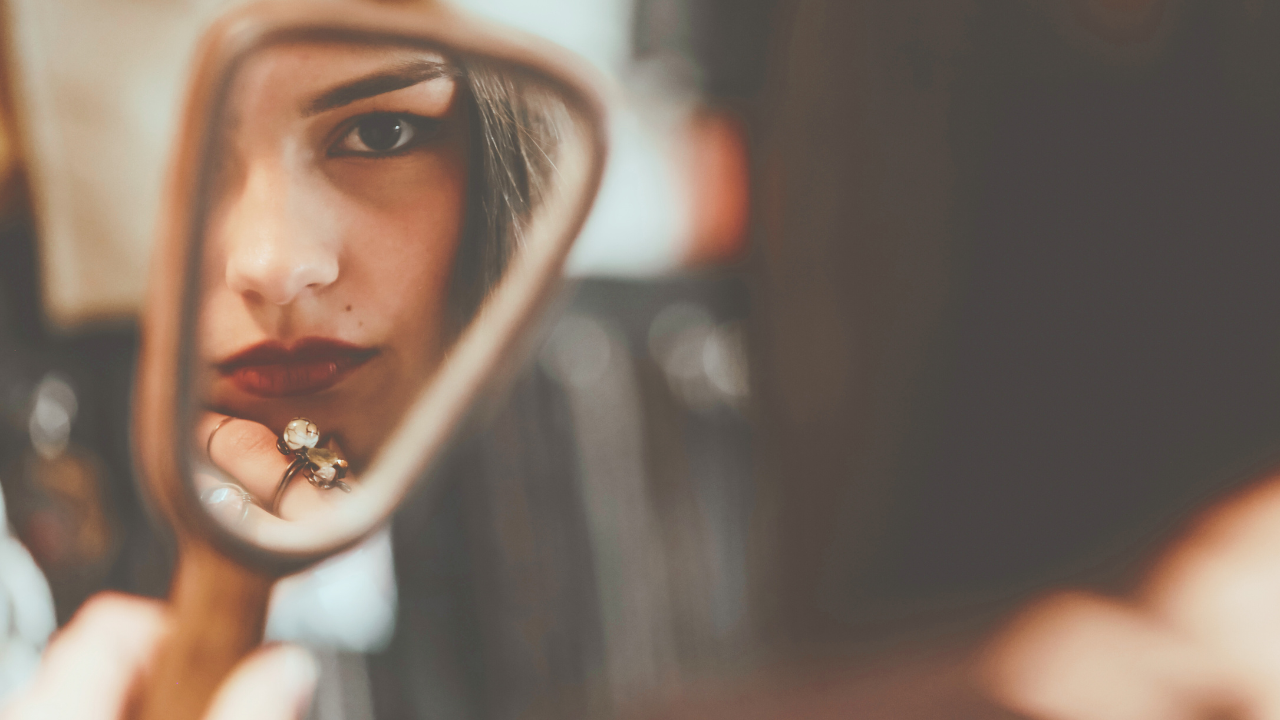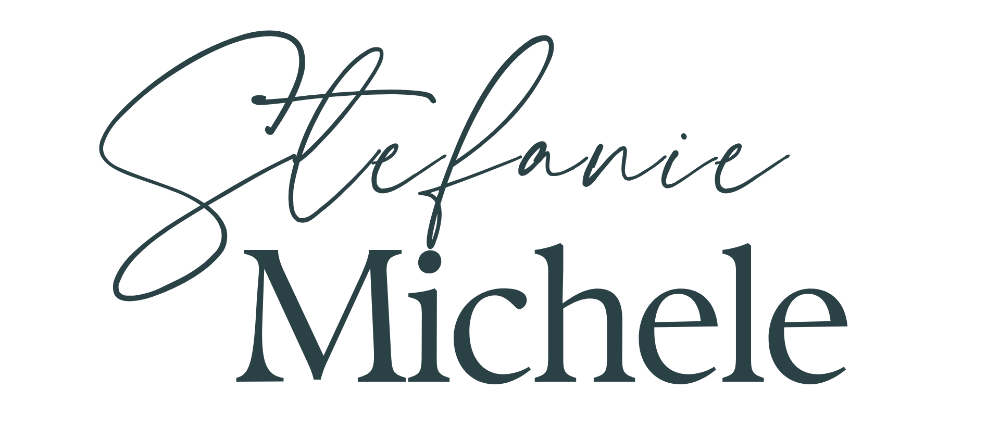
Why I Used to Hate When People Said “You Have Such a Pretty Face”
Mar 05, 2025When I was younger, people loved to tell me I had a pretty face. They meant it as a compliment, I think. But it never landed that way.
It felt like there was always a second half to the sentence hanging in the air, unsaid but obvious: too bad about the rest of you.
I remember standing in front of mirrors, staring at my face and wondering if this was supposed to be enough — if I was supposed to be grateful that at least one part of me was “good.” It didn’t feel good. It felt like being dissected, like the rest of me was being quietly disqualified.
The thing about “pretty face” is that it’s never really about the face. It’s about the body that isn’t being mentioned. It’s about the fatness that people can’t quite say out loud, so they work around it, hand you a partial compliment, and expect you to smile.
And I did smile. I said thank you. I pretended to be flattered. But inside, the shame doubled down. If all I had going for me was my face, then the rest of me must be as bad as I feared. Compliments like that made me hungrier for approval and more desperate to shrink myself so I could finally be seen as whole.
Looking back, I can see what was happening: people thought they were being kind, but what they were really doing was reinforcing fatphobia in a softer voice. They weren’t saying, you’d be beautiful if you lost weight, but they didn’t have to. My nervous system picked up the message all the same. Thinness was still the currency. Fatness was still the disqualifier.
“Pretty face” was just the polite way of telling me: close! But not enough.
It took years to untangle how much those comments shaped me. They made me feel fragmented, like my value could be sliced up into acceptable and unacceptable parts. They taught me that approval was conditional — not only on how much I weighed, but on how convincingly I could play along, smile, and accept the half-compliment. To be grateful.
I don’t hear “pretty face” anymore. (Maybe because I’m older – another blog post!) But I still think about how often it came up and how many of us still carry those compliments around like insults.
When I work with clients now, I see the same story play out: backhanded compliments, “concern” framed as love, approval given in fragments. We absorb these little cues and turn them into entire belief systems about our worth. And then we spend years trying to unlearn them.
What I wanted back then wasn’t a better compliment. It wasn’t about someone finally choosing the right word. What I wanted was for the whole conversation to be different. I didn’t want every interaction to circle back to how I looked, or to what part of me was acceptable and what part wasn’t. I wanted to talk about music and books and what I was learning in class. I wanted people to notice my humor or my curiosity. I wanted to be seen as a whole person, not as a face disconnected from the rest of my body, or a body disconnected from the rest of who I was.
If this resonates: This is the work I do with clients — helping them unravel the cultural scripts that have cut them into pieces, and finding a way back to belonging in their own bodies, without conditions or caveats.

